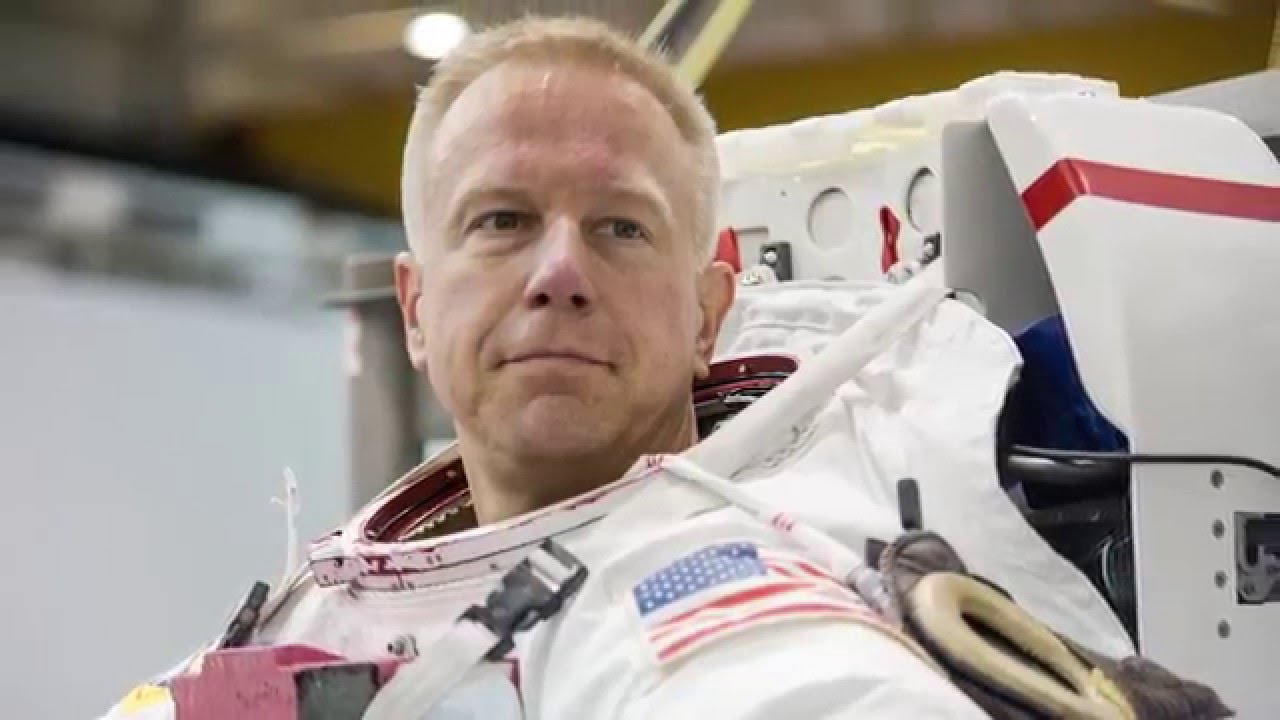Tim Kopra on the Future of Energy Tech in Houston
Published Mar 08, 2019 by Lou Ann Duvall

From NASA astronaut to private equity executive, Tim Kopra has had an exciting career journey in The Energy Capital of the World. Houston continues to make strides in digital start-up activity and transforming itself from “traditional” oil and gas town to the next hub of energy tech. At the forefront of this transformation, Kopra has found that data-driven technologies are now powering a historic wave of innovation and value across all industries, specifically the energy industry.
We had the opportunity to chat with Kopra about his career, why it’s important for Blue Bear to be in Houston and the need to continue growing the best data-driven technology companies in energy.
From former astronaut to private equity executive. Tell us about your career journey and how you got to Blue Bear Capital.
It’s obviously an uncommon transition to go from serving as an astronaut to working in venture capital. At Blue Bear, we’re looking for companies with great teams that are using complex technologies to solve real problems, which is quite similar to my roles as an experimental test pilot and as an astronaut.
A few years ago, when I was still at NASA, I had a chance to study at Columbia Business School and London Business School. With the uncertainty of another flight assignment, I was focused on learning about opportunities in the business world where I felt I could best contribute to a business team and apply the skills and experiences from my time in the military and at NASA. I became fascinated with the role of private equity and especially venture capital in building companies and fostering innovation. My friend and classmate, Ernst Sack, was at the energy private equity firm Riverstone at the time, and he helped me understand what it was like to work in this area. It turned out that I was assigned to another space flight after business school, which involved a couple years of travel back and forth to Russia for training and then six months on board the International Space Station. Once I came back, I reconnected with Ernst, who was using his private equity and angel investing experience to form Blue Bear Capital. Since then, we have built a firm with a diverse experience base, assembling a team with strong private equity, technical, and operational backgrounds and a broad network with connections throughout the energy industry.
What motivated you and your partners to create Blue Bear Capital?
We see this as exactly the right timing for the energy industry to adopt digital technology solutions to optimize performance, reduce costs, and create new efficiencies in their operations. Heavy industries like energy have understandably been reticent to integrate unproven tools into their business, but data-driven technologies are now powering a historic wave of innovation and value across all industries. Traditional venture capital typically invests in consumer products, but we cover industrial scale opportunities, such as rigs, windfarms, pipelines, storage networks, and the like.
Why is Houston an important location for Blue Bear?
Houston is absolutely the ideal location for Blue Bear – it’s the world’s capital of traditional energy, but there is also an expanding renewables market within Texas. Our state, for example, leads the nation in wind power generation. We also have an office in Los Angeles, which provides us with great connectivity to the broader renewables market and is close to Silicon Valley with much of the foundational technology that is being applied throughout the energy supply chain.
Energy tech is transforming the energy industry in a number of ways. What is the biggest change that you see?
The energy industry is now taking advantage of the data from systems, operations, and heavy equipment to transform their businesses. Much of this data has been available in the past, but the ability to effectively use it has been stifled for a variety of reasons. New techniques and technology to clean up, organize, and process this data for analysis coupled with machine learning are providing amazing insights and touching every aspect of business. Many of the applications of this technology to unlock these insights from data are relatively straightforward. Others are addressing problems using complex data analytics, machine learning, and digital twins that will revolutionize the way we conduct business.
What do you think the biggest misconception is about Houston?
I grew up in Austin, and many of the stereotypes of Houston that perhaps had an element of truth back then have remained for those who don’t know our city. Some probably think that Houston is simply a big industrial and impersonal town lacking a bit of soul. This couldn’t be farther from the truth. For one, I’ve seen the city transform since I was a kid into a fun, cosmopolitan city with amazing diversity in every respect. I also love the fact there is more green space and phenomenal restaurants. And even though we have a city with over six million people in the Houston metroplex, in many respects, it feels like a small town. In the area of energy and energy tech, there is a close community and a high level of collaboration.
 The Houston Report
The Houston Report

















